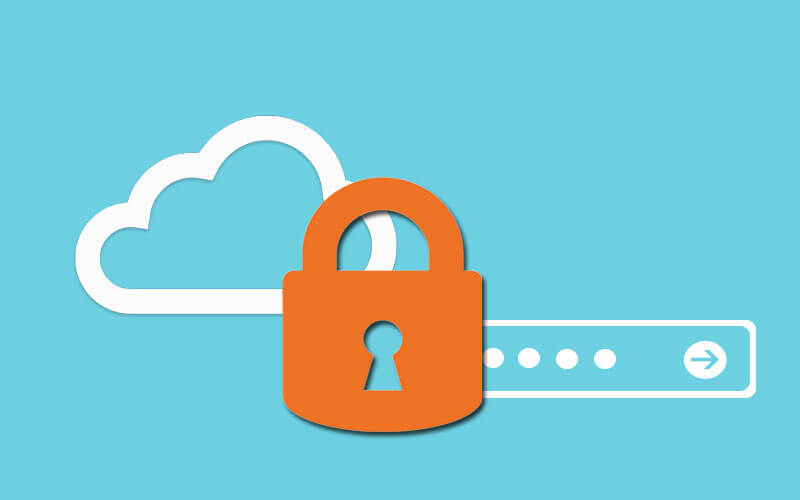Over the last few years there has been a push to move websites from the standard HTTP protocol to the secure HTTPS protocol. Put simply, this means getting an SSL (Secure Sockets Layer) Certificate for your website and adding authentication and security to your website. This means that a user’s personal data is secured whilst browsing your website.
In the past it was expected that all e-commerce websites which store or process sensitive personal and credit card data should have an SSL certificate but over the past few years there has been a concerted push from Google for the entire web to be secured with SSL. In early 2018 Google set out its plan to flag any website without an SSL certificate as insecure. the latest version of Chrome (version 68) will include the security warning. The warning itself will appear in the URL bar of the browser to the left of the domain name.
Google has stated that websites using SSL will benefit from an improved search ranking. As this push towards securing the web by Google is relatively new it’s tricky to quantify the exact SEO benefit of using SSL . However, as Google prefers websites that put users privacy and security first and foremost they give a slight ranking advantage over those sites that do not have an SSL certificate installed.
The visual cue that a site has an SSL certificate is the green padlock to the left of the domain name in the address bar of your browser. If a site doesn’t have an SSL certificate then the Google Chrome browser will display a not secure message. When a user sees the green padlock they know that they can trust the site and can safely enter personal details. Increased visitor trust has the knock on effect of also increasing user loyalty and repeat sales.
Does your website have an SSL certificate? If you would like more advice on hosting your website or purchasing an SSL certificate please email us at [email protected]




